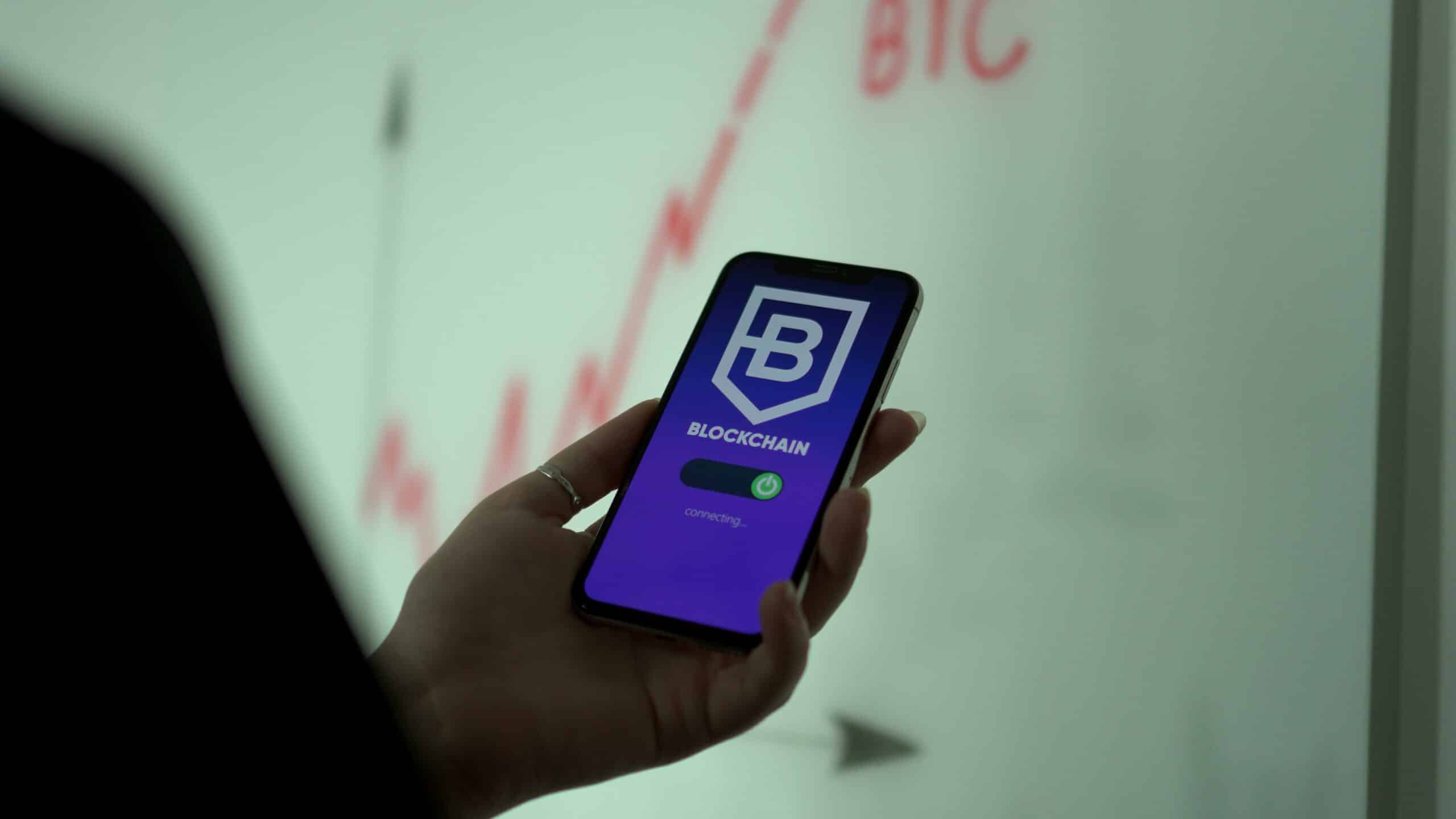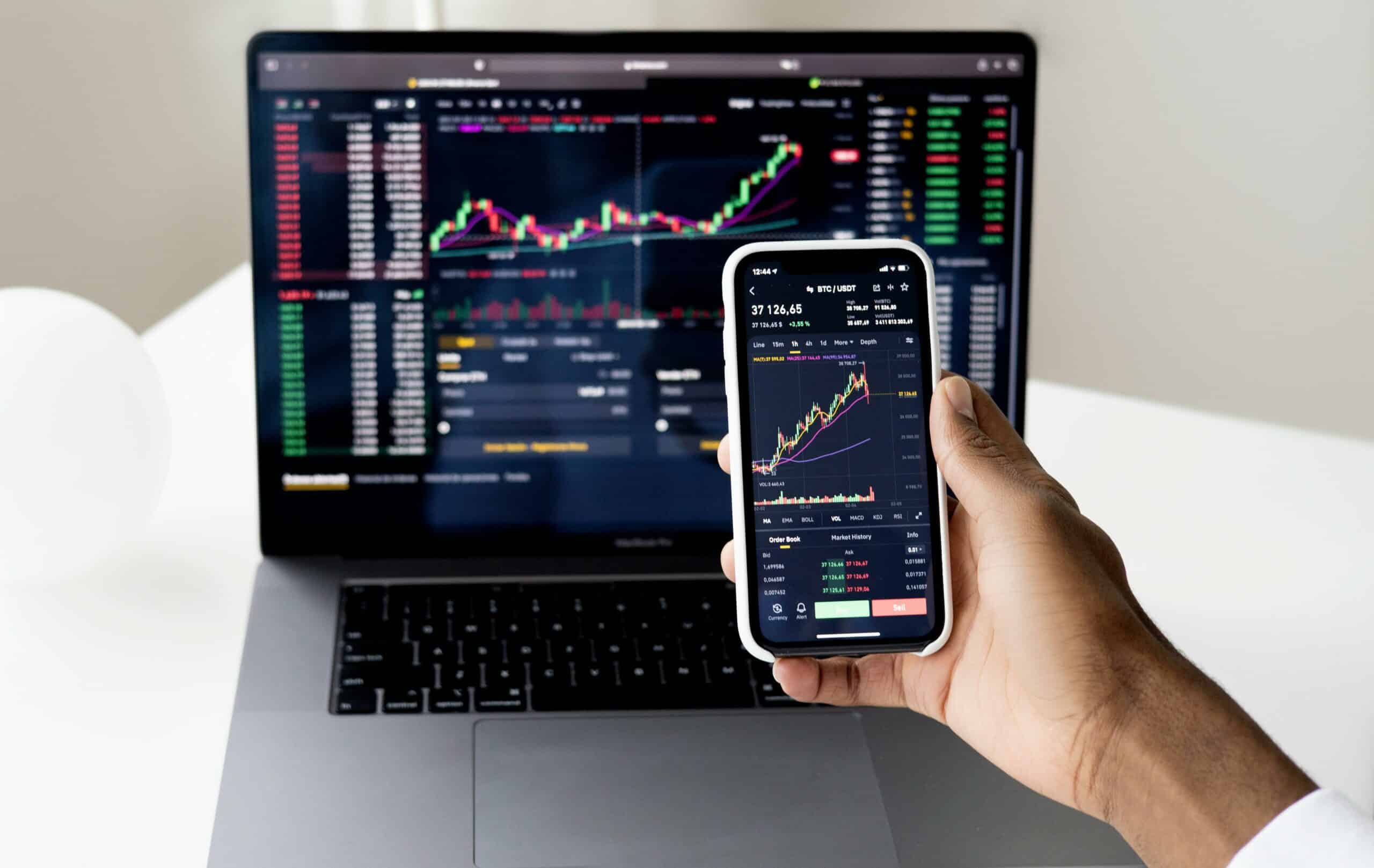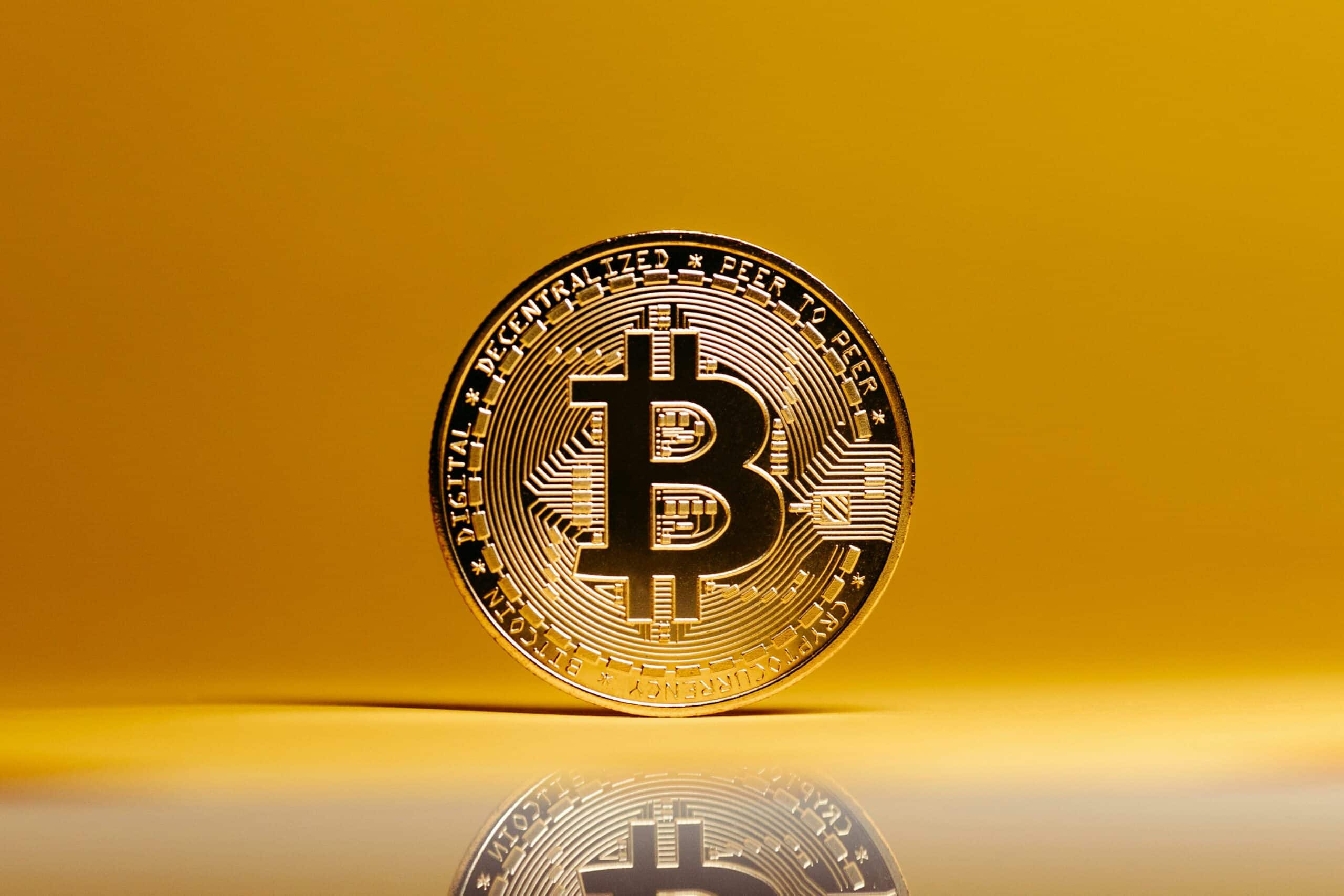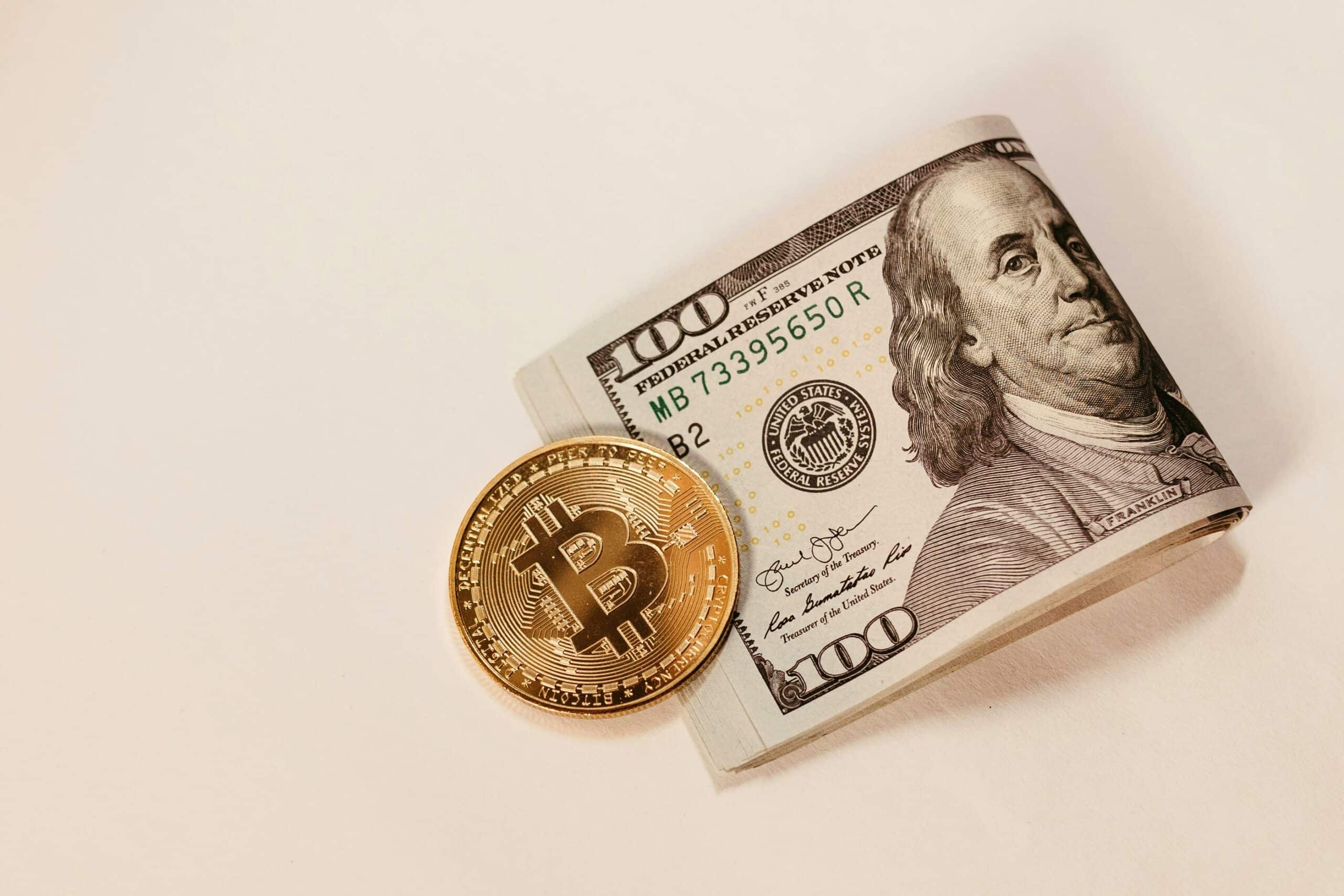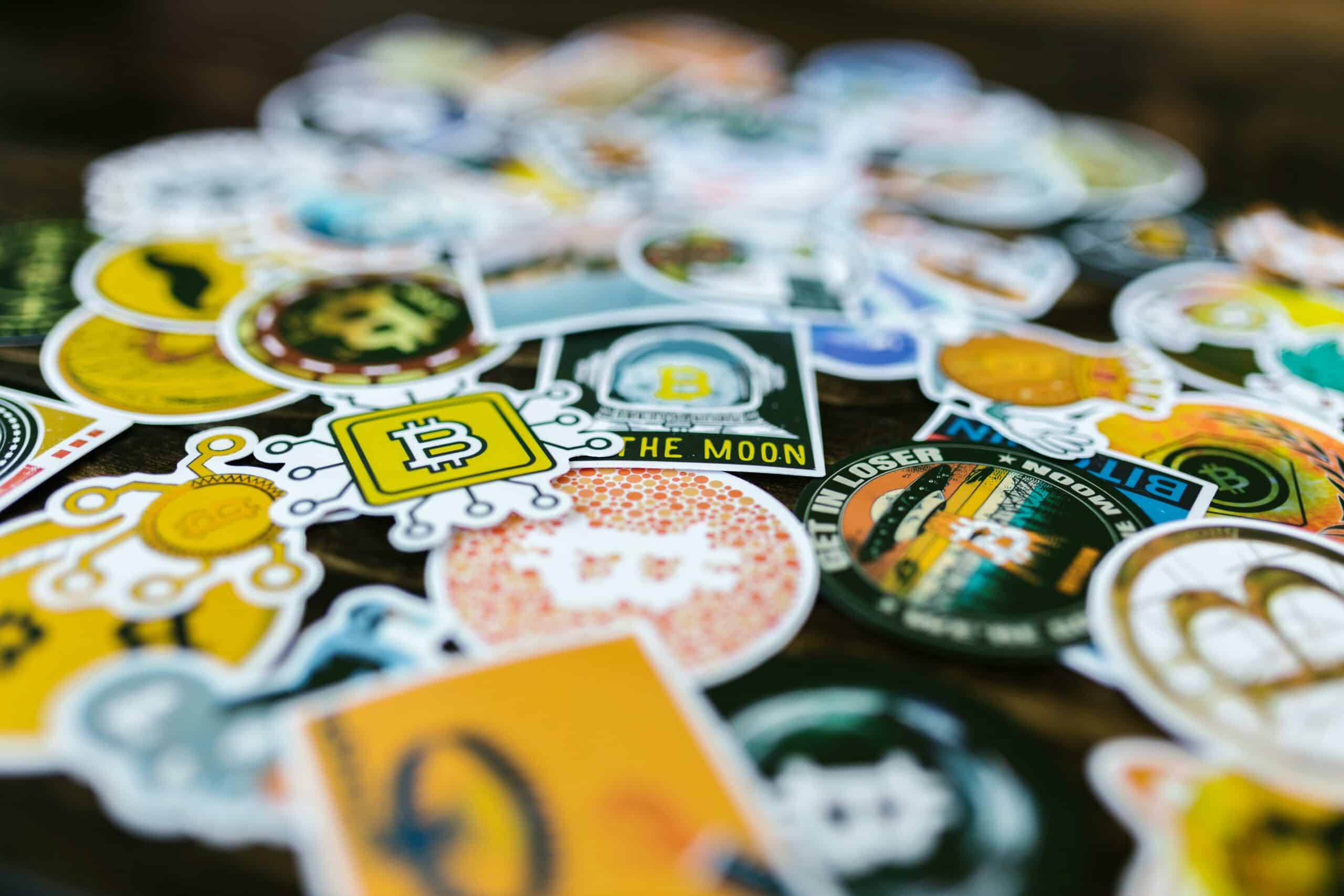For cryptocurrency users, one of the big questions is whether or not it’s safe to share their wallet address(es) publicly.
Revealing your crypto wallet address when receiving payments is completely safe. This is because it’s impossible to steal digital currencies with a public address alone. Even if someone knows your public address, they won’t be able to access your funds without also having the private keys. Think of it this way: your wallet address is like a bank account number, and your private keys are like the PIN associated with that bank account.
That’s why it is essential to keep your private keys safe, and never share them with anyone.
In this article, we’ll dive into how wallets, public addresses, and private keys work in more detail, as well as best practices for keeping your digital assets secure. But before we do, let’s get up to speed with the basics.
Table of Contents
Key terms
- Private key – A unique, secret alphanumeric code generated by a wallet that grants access to the wallet.
- Public key – A unique alphanumeric code generated by a wallet that is used as the public address of the wallet.
- Crypto wallets – Digital software programs that store private and public keys, and interact with a blockchain to enable users to send and receive digital currency, check their balance, and track their transactions.
What is a crypto wallet address and why do you need one?

Bitcoin wallet addresses commonly referred to as crypto wallet addresses, are strings of alphanumeric characters that store Bitcoin, Bitcoin Cash, and Bitcoin SV. Comprised of 26 to 35 alphanumeric symbols, these addresses (also known as the public address) are used to receive payments in a wallet. An example of a Bitcoin address is 1BvBMSEYstWetqTFn5Au4m4GFg7xJaNVN2. Crypto wallet addresses are generated using a cryptographic algorithm and each wallet address is uniquely associated with its owner’s private keys, which are used to sign transactions and prove ownership.
Wallet addresses allow crypto users to safely and securely send their coins from one address to another. They are essential for buying, trading, and exchanging Bitcoin and other cryptocurrencies safely and securely. If you don’t have a wallet address, you can’t use cryptocurrency.
Are there risks to sharing your crypto wallet address?
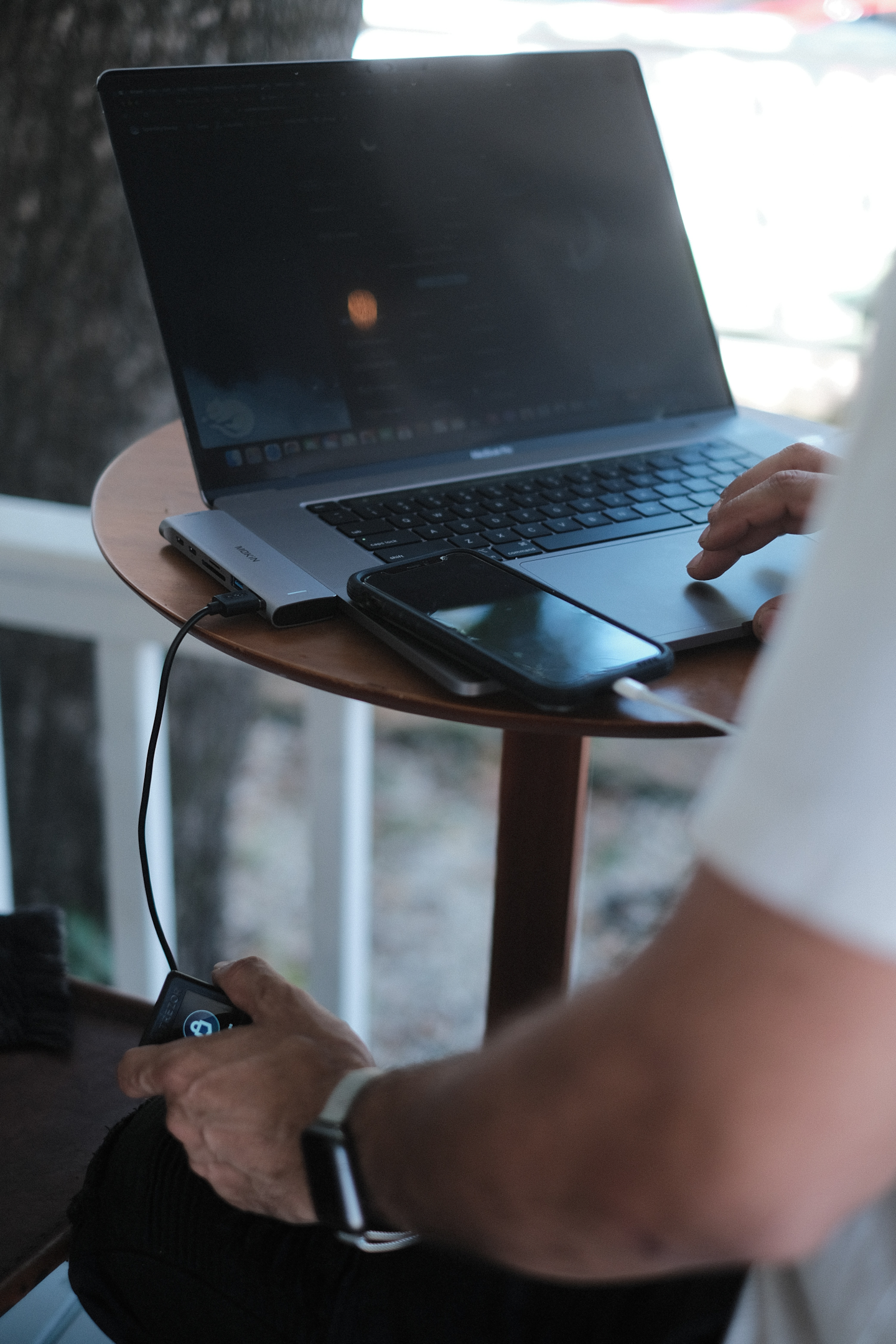
Even though it’s safe to share your public address, there are still a few risks associated with sharing your address publicly.
The first risk is identity theft or fraud. If someone gets your wallet address, they can track all of the transactions associated with that address. This means they can see how much crypto you own, and any payments or transfers that have been made to that address. They could potentially use this to trace your identity.
However, blockchain technology should be rightfully regarded as providing unprecedented levels of privacy and security. Versus the traditional banking system, blockchain technology makes it much harder for criminals to steal your funds or track your identity.
Public addresses are completely pseudonymous, so it’s not easy to trace the identity of the sender or recipient associated with a particular address. As long as you don’t reveal your identity, sharing your public address should not be of a wallet. Yet, a certain amount of caution should be taken when using cryptocurrency with regard to identity security. While blockchain addresses and wallets do not reveal one’s name or address, malicious actors can still uncover patterns in behavior that might make it possible to uncover who owns them. To mitigate this risk, users should take steps to ensure that their transactions remain private and secure.
Typical scams involving wallet addresses
Airdrops
Airdrops are free crypto giveaways that are often used by blockchain companies to promote their project and attract new users, but they can also be used as part of a malicious attack.
Scammers can create a fake website or social media profile that looks like the real thing but is actually a scam. Recent phishing campaigns have taken advantage of airdrop promotions to trick victims into connecting their wallets to malicious sites in the hopes of selling their newly received tokens. Last year, a phishing attack caught out 17 users on the OpenSea NFT marketplace. Using a maliciously airdropped NFT, scammers were able to gain access to user accounts and steal at least $1.7 million worth of digital assets.
In order to make sure you don’t become one of those victims, always do your research and double-check the sender’s identity before sharing your wallet address. Looking for things like an official website, social media profile, or other verified contact details can give you an indication of whether the offer is legitimate or not.
Seed Phishing
A seed phrase is a 12-24 word combination that lets you access your wallet in the event of an emergency. It is used as a backup option and it should never be shared with anyone else. However, scammers can target users to try and extract their seed phrase by pretending to offer technical support or trying to gain access to their accounts.
One such recent scam involved a Twitter bot asking users of Metamask to provide their seed phrases via Google Forms as part of the account recovery process. Thankfully, the expert team at Metamask quickly identified the scam and disabled it.
However, this just goes to show that there are malicious actors out there trying to exploit users’ lack of knowledge in relation to security precautions. That’s why it’s important to remember that the official account recovery process does not involve submitting any private information online.
Phishing emails
Another common way for scammers to target unwitting users is through phishing emails. This involves sending out fake e-mails that are designed to look like a legitimate service or organization, but in reality, they’re just trying to steal your wallet information. It’s important to be extra cautious when clicking any links from suspicious emails, as they may lead to malicious websites that are designed to trick you into revealing your wallet information.
In order to stay safe, users should always make sure they verify the authenticity of any links before clicking on them. This can be done by hovering over the link and checking its URL as well as looking at the sender’s email address. If you suspect that an email is a phishing attempt, it’s best to delete it.
How can you protect yourself from potential scams if you do choose to share your crypto wallet address publicly?
To best protect yourself from potential scams when you share your wallet address, a hardware wallet is the most secure and reliable option. These wallets allow for multiple layers of hardware-based protection for your key accounts and tokens, allowing for much greater security compared to desktop wallets and mobile wallets. If you’re looking for a secure way to store your cryptocurrency and non-fungible tokens (NFTs), then two great choices are the Nano S and Nano X hardware wallets from Ledger. Featuring cutting-edge security features, such as an industry-leading Secure Element chip, as well as Ledger’s own exclusive operating system which protects against sophisticated cyberattacks, these wallets offer the ultimate security for your crypto funds.
Ultimately, it’s important to remember that regardless of how secure your wallet is, you should always practice good cyber hygiene by setting strong passwords, using two-factor authentication (2FA) whenever possible, and keeping up with any available security updates.
Final thoughts
All in all, having a crypto wallet address and understanding how it functions is an important part of engaging in cryptocurrency transactions. It is important to be aware of the risks associated with using a crypto wallet address and the potential scams that could arise when sharing it publicly. But fortunately, there are ways to protect yourself from these – for example, double-checking the address you’re sending money to and not clicking on suspicious links.
It’s important to remember that if you do decide to share your wallet address publicly, it can be visible to anyone on the internet. So make sure you are comfortable with doing this before taking any action. Additionally, never send your private keys to anyone, even if they claim to be from a legitimate organization. Private key management should always remain in your control. With that said, sharing your wallet address is one of the easiest ways for someone else to send you cryptocurrencies. Therefore, it is important to develop good security habits and remain vigilant in order to make optimal use of your cryptocurrency.





